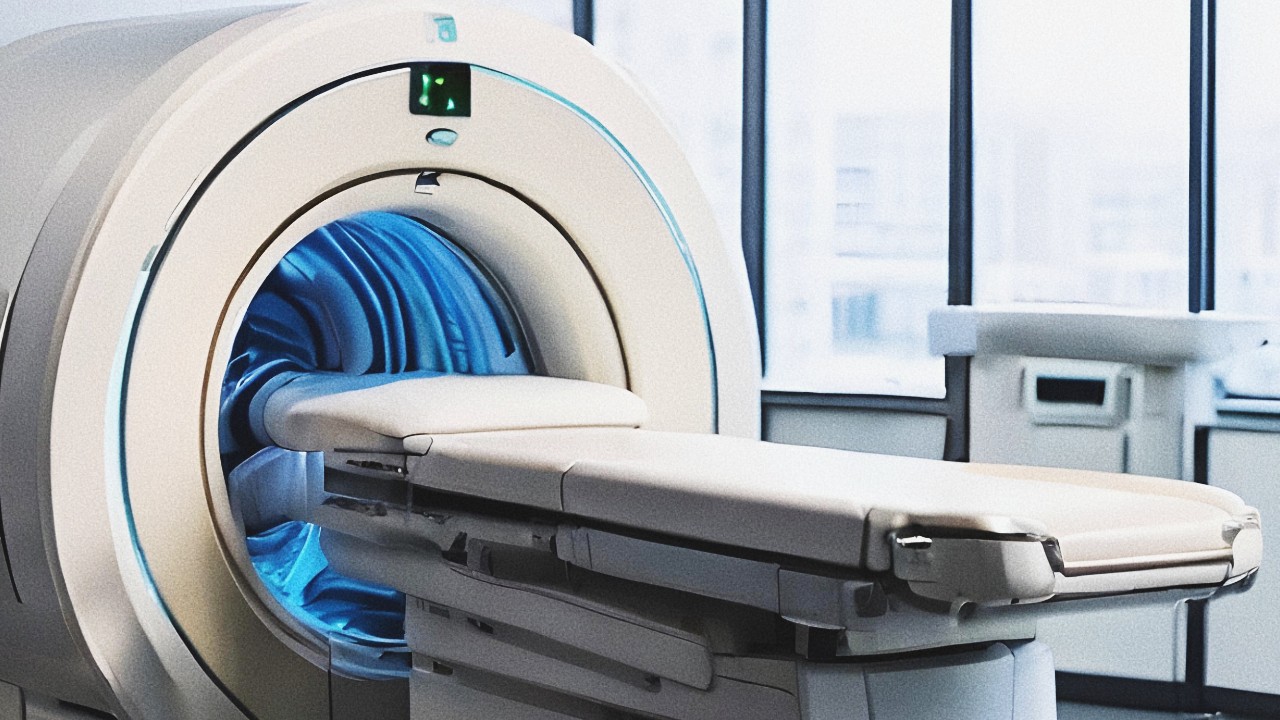The Emergence of Mind-Reading Technology: Promise and Perils

Recent advancements in brain activity decoding are edging closer to a future where thoughts could potentially be read. Using MRI scans and AI, scientists have decoded a stream of words in the brain when participants actively cooperate. This breakthrough, however, is not true mind-reading—participants must engage with the technology for it to work.
In experiments, subjects listened to podcast audio while in a functional MRI scanner, and AI algorithms matched brain activity to word patterns, producing paraphrased versions of the content. While this has promise for helping those with speech impairments, it also raises concerns about the future potential for manipulating or predicting behavior without the individual's awareness.
Currently, the technology is far from perfect. It requires hours of participation in the scanner, and semantic decoders can be easily tricked. However, alternatives like EEG scanners and recent developments using magnetoencephalography (MEG) are already moving toward real-time analysis of brain activity. Meta's recent breakthrough in MEG shows the potential for continuous, precise decoding of brain activity to aid in developing brain-computer interfaces.
As these technologies evolve, the possibility for more invasive mind-reading grows. The rapid development of smaller, more powerful devices increases the risk of privacy violations, as tech companies gain unprecedented access to personal data. Although these advancements offer incredible potential for connecting and assisting people, they also present ethical concerns about privacy, consent, and misuse.
As mind-reading technology continues to progress, it is vital to balance innovation with the need to protect individuals' privacy. The future of these technologies must be carefully navigated to ensure they benefit society without infringing on personal autonomy.
Key Takeaways
- Advancements in decoding: MRI and AI systems can now decode brain activity to match spoken words, though only with active participation from the subject.
- Potential medical applications: The technology could help individuals with speech disabilities, enabling communication through brain activity analysis.
- Privacy risks: While the technology is in early stages, it may lead to more invasive methods of reading and predicting behavior, raising concerns about consent and data privacy.
- Ethical dilemmas: As tech like MEG offers real-time brain decoding, privacy concerns and potential misuse grow, requiring careful ethical considerations.